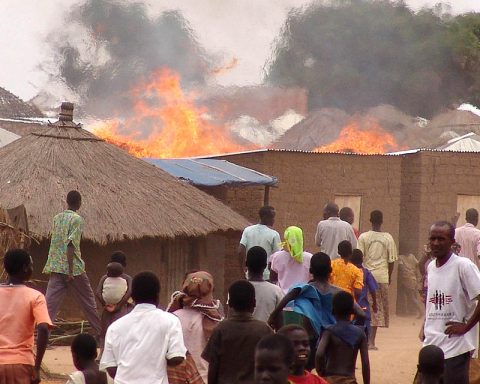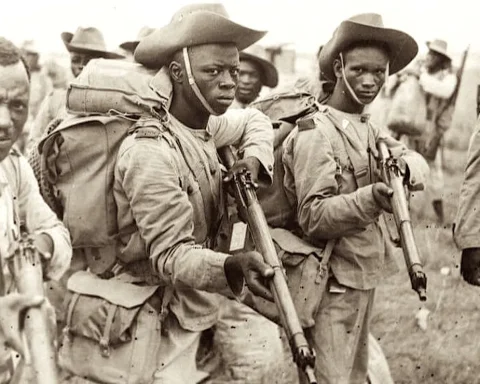The Cuban War Of Independence was a battle that lasted from 1895 to 1898 and was fought between the Spanish colonial government and Cuban rebels seeking independence. The war was significant in Cuban history as it ultimately led to the end of Spanish colonial rule and the establishment of the Republic of Cuba.
José Mart, Máximo Gómez, and Antonio Maceo were among the revolutionary leaders who commanded the Cuban War of Independence. The insurgents shared the same goal of destroying Spanish colonial control and establishing an independent, new Cuba. Beginning with a series of altercations and clashes, the rebels frequently attacked Spanish troops utilizing guerilla tactics.
Despite the rebels’ early victories, the Spanish government ultimately dispatched General Valeriano Weyler to Cuba to put an end to the uprising. The displacement of the Cuban population into concentration camps was one of Weyler’s measures, which attracted criticism from around the world. The United States, which had economic interests in Cuba and had been closely monitoring the situation, was also drawn to the fight.
With the sinking of the USS Maine in Havana harbor in 1898, tensions between the United States and Spain reached a boiling point. The tragedy, which the United States blamed on a Spanish mine, prompted the United States to declare war on Spain–which the United States eventually won.
Cuba was granted independence from Spain by the Treaty of Paris, which also gave the United States power over Puerto Rico, Guam, and the Philippines. Spanish colonial rule came to an end in 1902 with the founding of the Republic of Cuba, ushering in a new era for the island nation.
The Cuban War of Independence gave birth to significant political, economic, and social consequences for Cuba. With the founding of the Republic of Cuba, the island saw a rise in international investment and tourism as well as new economic prospects. Yet, political unrest and corruption were also widespread throughout the early years of independence.
Many Cubans still honor the courage and sacrifice of the revolutionaries who fought for independence today, and the legacy of the Cuban War of Independence continues to play a significant role in shaping Cuba’s national character. The conflict also had broader implications for the region and the entire world as it signalled a shift from Spanish colonial dominance to the rise of the United States as a world power.
DON’T MISS! What You Would Learn If You Went To University In The 12th Century





